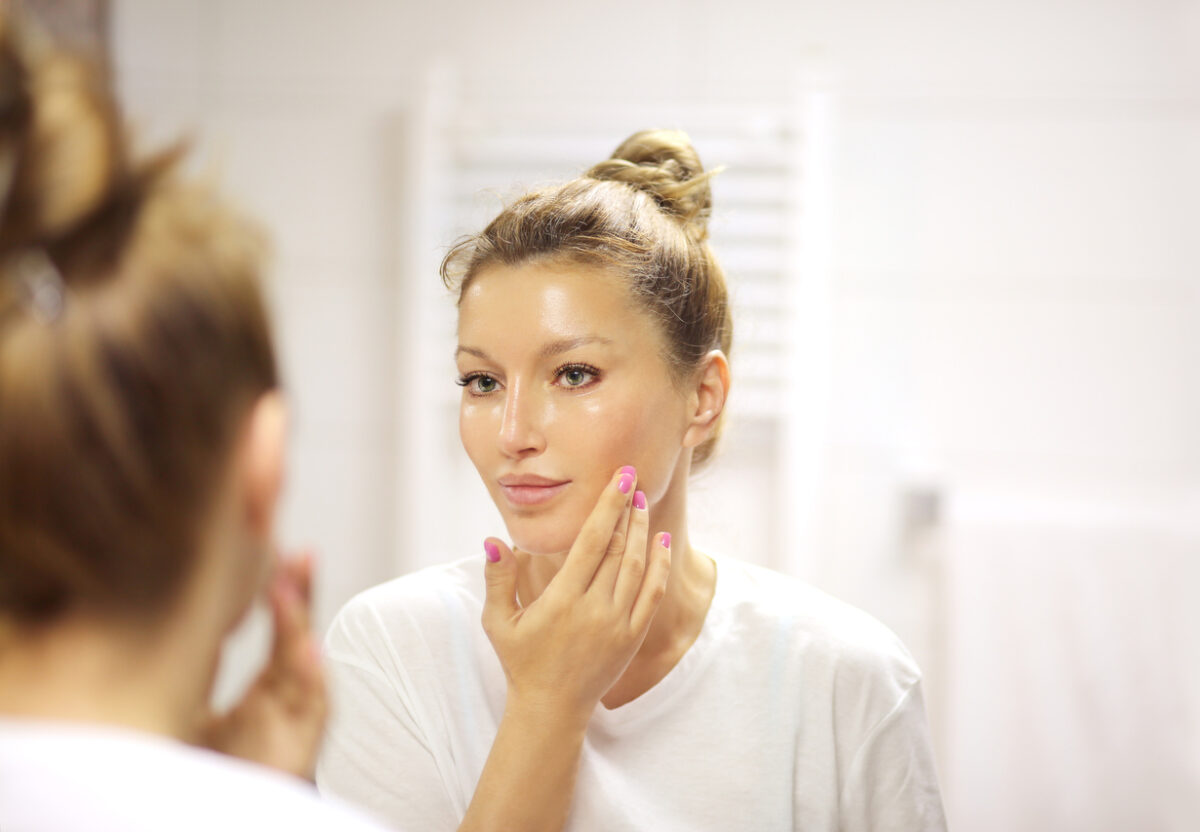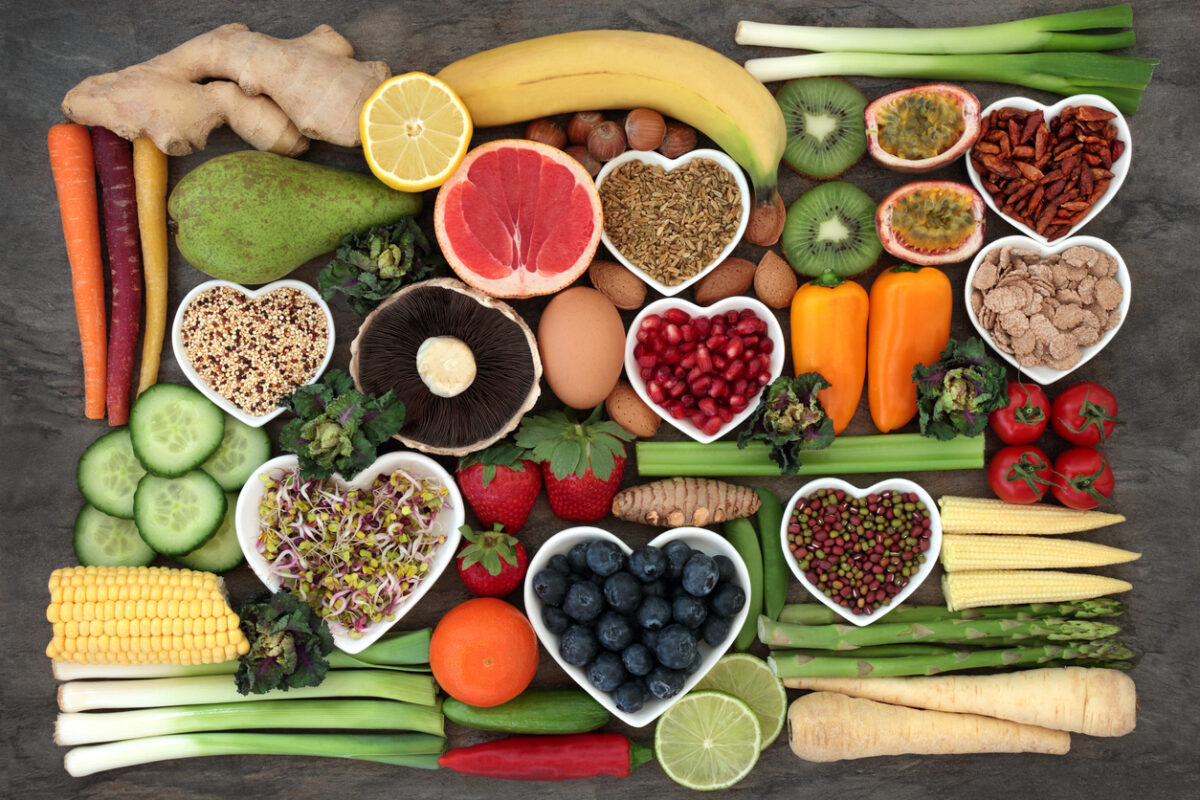Female Hormone Imbalance: Causes and Symptoms, and Weight Gain
Can female hormone imbalance cause weight gain?
Various factors can cause female hormone imbalances. They include stress, poor diet, lack of exercise, or underlying medical conditions like polycystic ovary syndrome (PCOS) or thyroid disorders. Symptoms may include irregular periods, weight gain, mood swings, fatigue, acne, and decreased sex drive.
Among them, weight gain is one of the most unpleasant symptoms to affect a woman’s quality of life. Most women don’t like to get fatter, even by a little. In addition, too much weight gain can lead you to various health problems beyond simply a matter of beauty.
Can female hormone imbalance cause weight gain?
Again, can female hormone imbalance cause weight gain?
Yes, hormonal changes can have a significant impact on metabolism and weight regulation. Hormones such as insulin, leptin, ghrelin, and thyroid hormones play crucial roles in controlling metabolism and influencing appetite.
Imbalances in these hormones can lead to a slower metabolism, increased hunger, and disruptions in energy balance. They potentially result in weight gain or difficulty in losing weight.
Maintaining hormonal balance is essential to supporting proper metabolism and weight regulation. A healthy lifestyle, including regular exercise, a balanced diet, and adequate sleep, can help.
Exploring the Link Between Estrogen, Progesterone, and Weight Management
Estrogen and progesterone are two important hormones that play a crucial role in women’s health, including weight management. Estrogen is known to help regulate metabolism and body fat distribution, while progesterone can impact appetite and energy expenditure.
Imbalances in these hormones can lead to weight gain or difficulty in losing weight. For example, lower levels of estrogen during menopause can result in a decrease in metabolism and an increase in abdominal fat. Progesterone fluctuations during the menstrual cycle can also affect water retention and cravings.
Understanding the relationship between estrogen, progesterone, and weight management can help women make informed choices about their health and overall well-being.
Hormonal Imbalance and its Effect on Appetite Control
Can female hormone imbalance cause weight gain?
Hormonal imbalance can have a significant impact on appetite control. Hormones like leptin and ghrelin play key roles in regulating hunger and satiety signals in the body.
When these hormones are out of balance, it can lead to increased appetite, cravings, and difficulty in feeling full after eating. This can contribute to overeating and weight gain. Factors such as stress, lack of sleep, and poor diet can disrupt hormonal levels, further affecting appetite regulation.
It is important to address hormonal imbalances through lifestyle changes, proper nutrition, and sometimes medical intervention to promote healthy eating habits and maintain a balanced weight.
Strategies for Balancing Hormones and Managing Weight Naturally
1. Eat a balanced diet rich in fruits, vegetables, whole grains, lean proteins, and healthy fats to support hormonal balance and weight management.
2. Incorporate regular physical activity into your routine, such as walking, yoga, or strength training, to help regulate hormones and burn calories.
3. Get enough quality sleep each night to support proper hormone function and metabolism.
4. Manage stress through relaxation techniques like meditation, deep breathing, or journaling to prevent hormone imbalances that can lead to weight gain.
5. Limit intake of processed foods, sugar, and alcohol, as they can disrupt hormones and contribute to weight gain.
6. Stay hydrated by drinking plenty of water throughout the day to support metabolism and hormone production.
7. Consider natural supplements like omega-3 fatty acids, magnesium, and adaptogenic herbs to support hormonal balance and weight management. Consulting with a healthcare provider or nutritionist can provide personalized advice for your specific needs.
Seeking Professional Help: When to Consult a Healthcare Provider About Hormonal Weight Gain
If you are experiencing unexplained weight gain or difficulty losing weight despite efforts to eat healthy and exercise regularly, it may be time to consult a healthcare provider about the possibility of hormonal imbalances.
Some signs that your weight gain could be hormonally related include sudden and significant weight gain, abnormal fat distribution, changes in appetite or metabolism, and persistent fatigue. A healthcare provider can help assess your symptoms, order appropriate tests, and provide guidance on appropriate treatment options to address any underlying hormonal issues contributing to weight gain.
It’s important to seek professional help to properly diagnose and address the root cause of your weight gain for overall health and well-being.
A Natural Supplement from Japan, to Balance Your Hormone
Juveriente®’s Effisoy, launched in 2016, based on fermented soy bean germ extract has been loved as a natural menopause relief since its launching in 2016.
Its primary function is to boost the weakened synthesis of a hormone precursor, DHEA. It’s safe as it only heals the natural synthesis function. The hormone boost doesn’t provide the only relief from menopausal symptoms. But, it also supports various aging issues and increases metabolism, which leads to weight loss.
Here are some of the real product reviews in our Amazon shop.
“Restful sleep finally!!”, “I Am Now Free of Hot Flashes!!”, “Lifesaver”



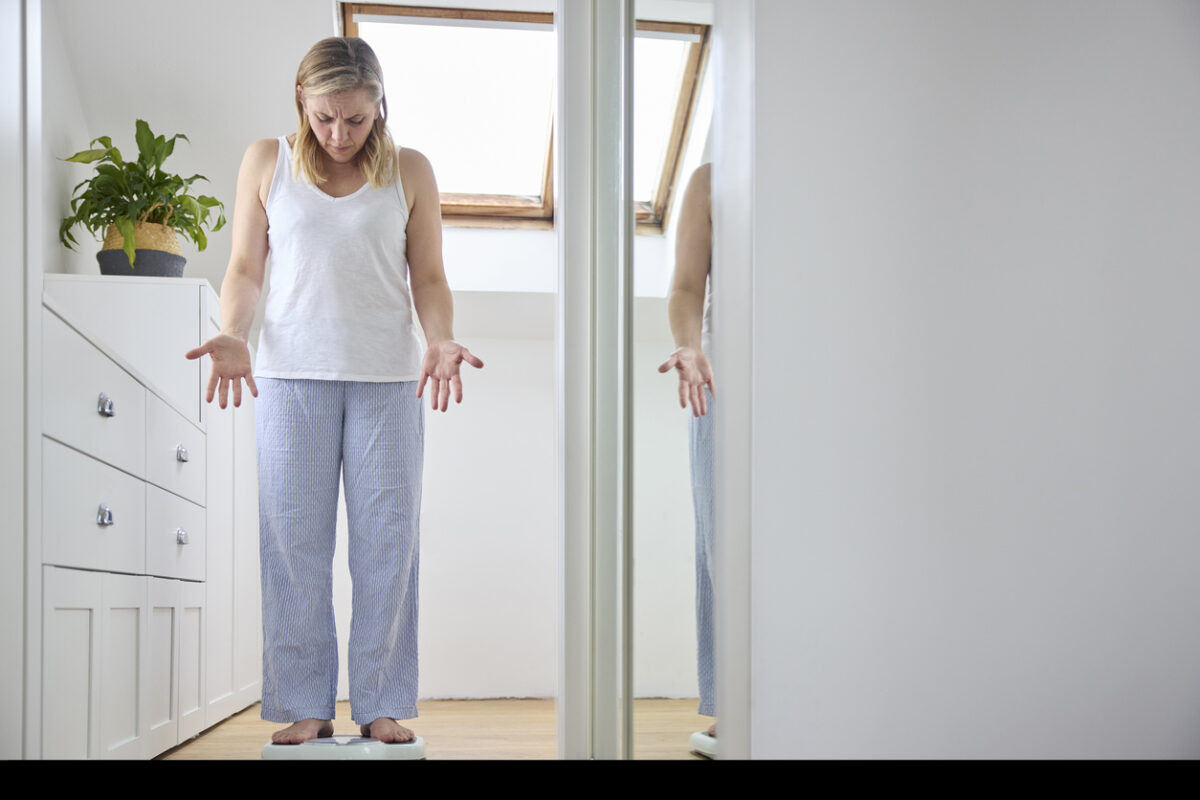



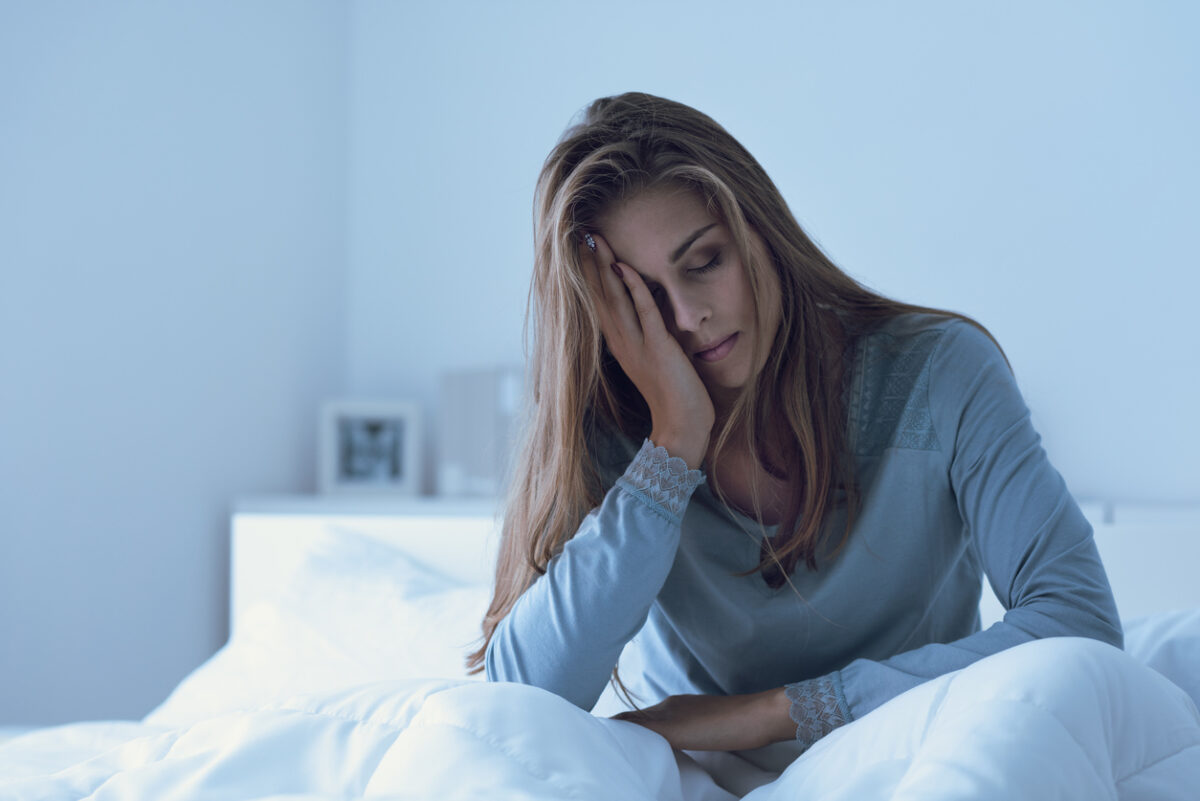




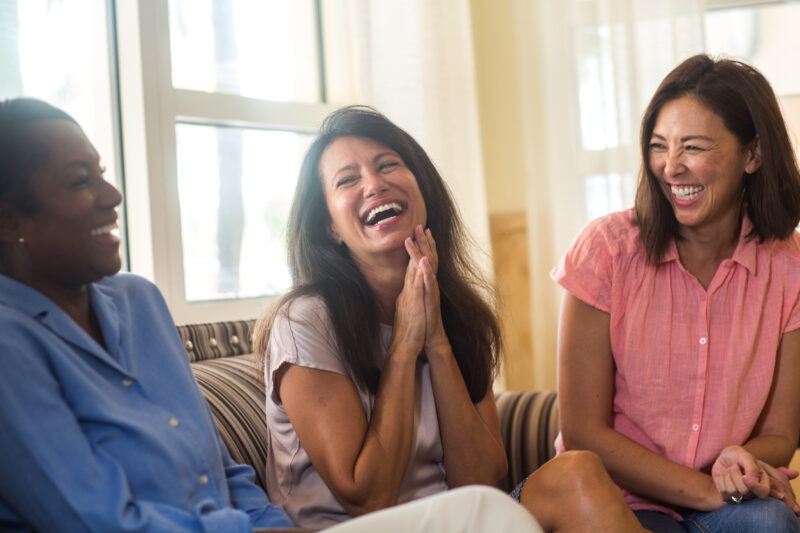
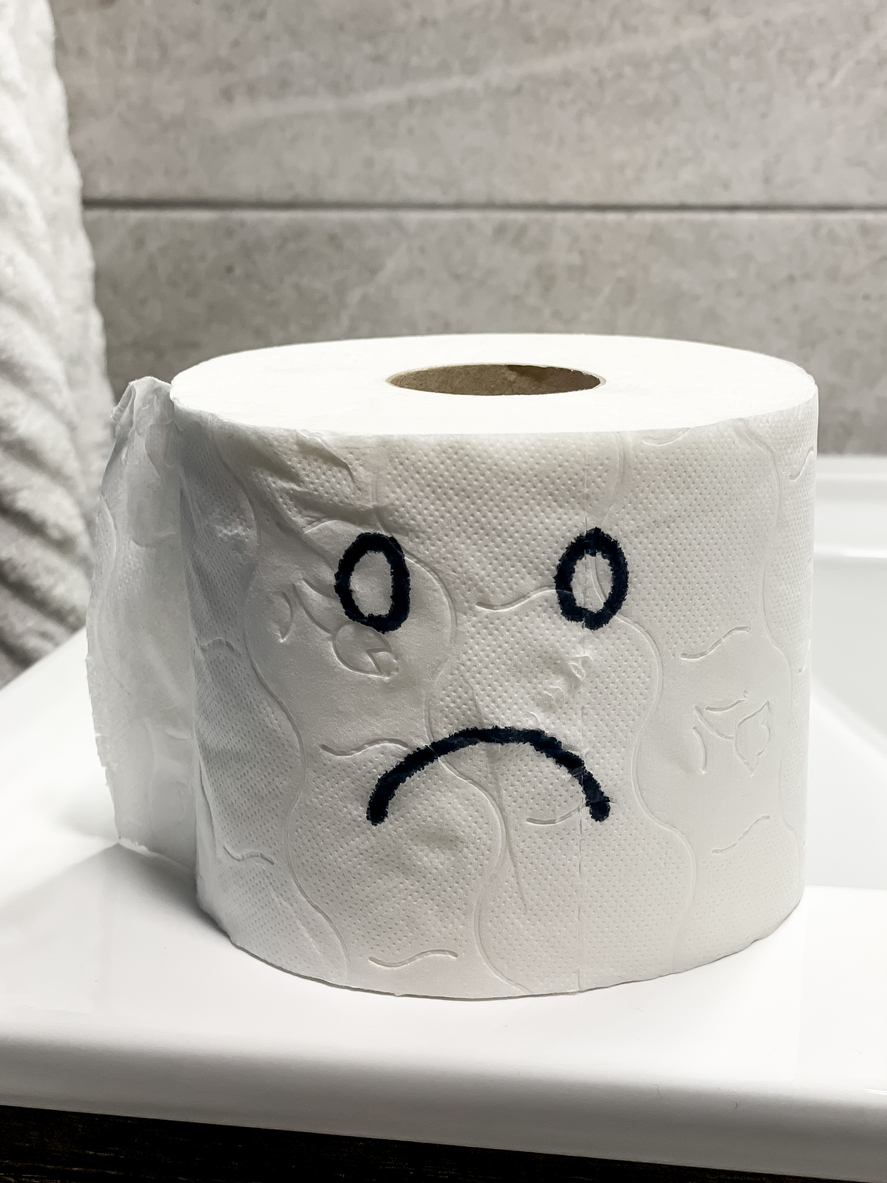
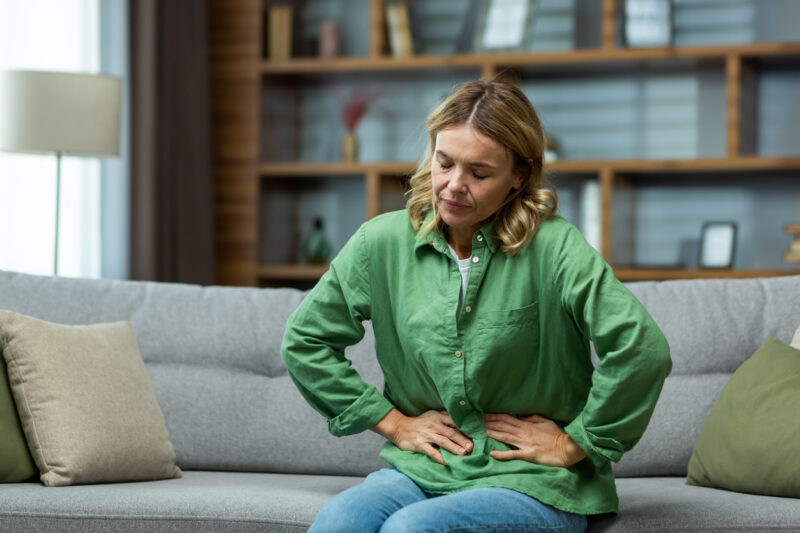

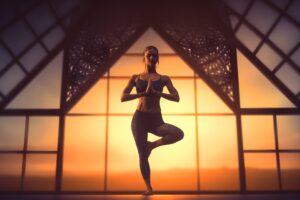



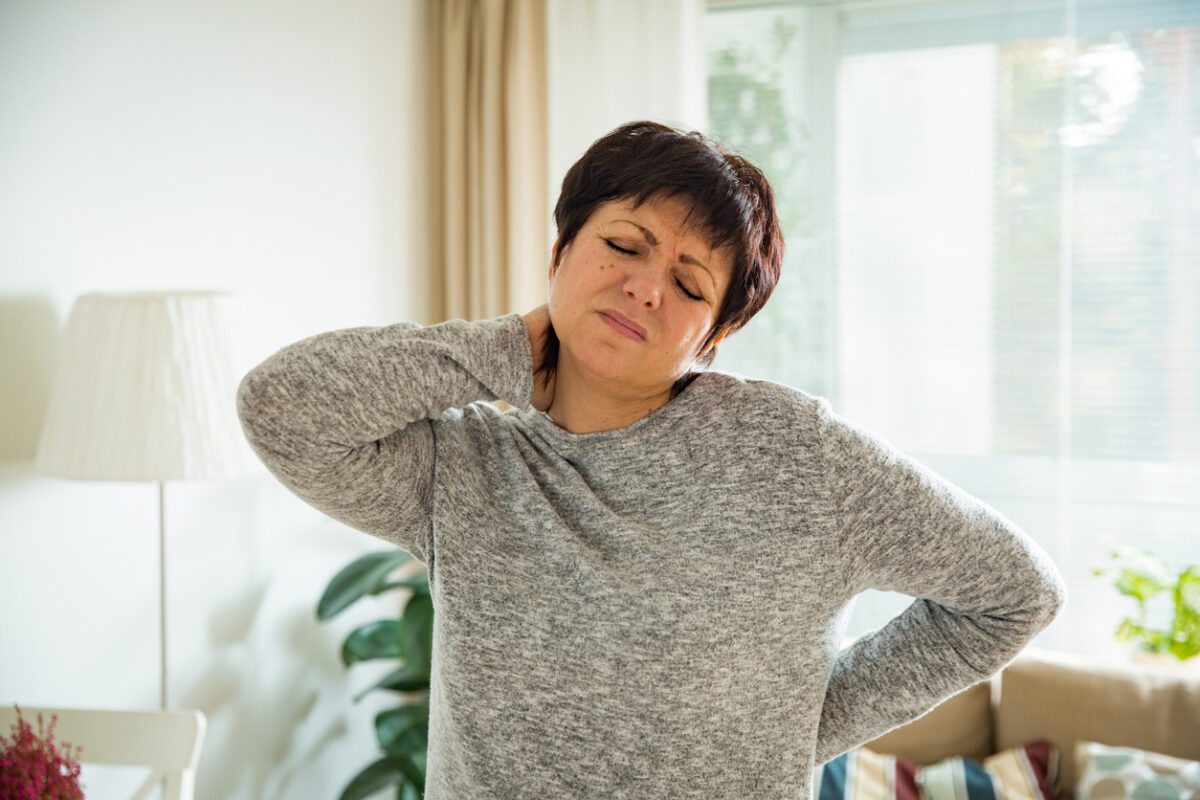
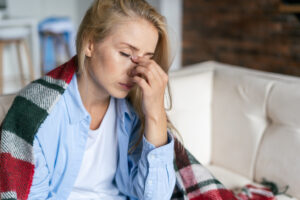




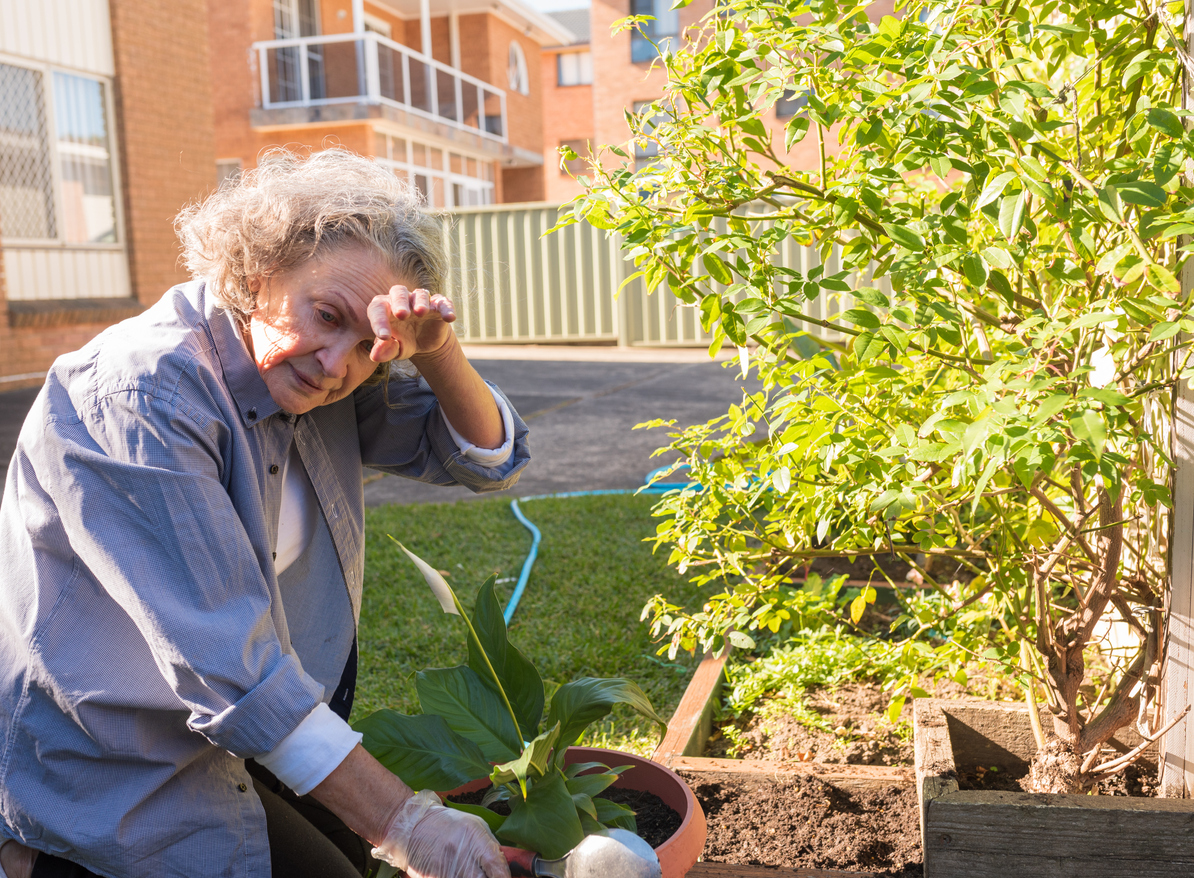


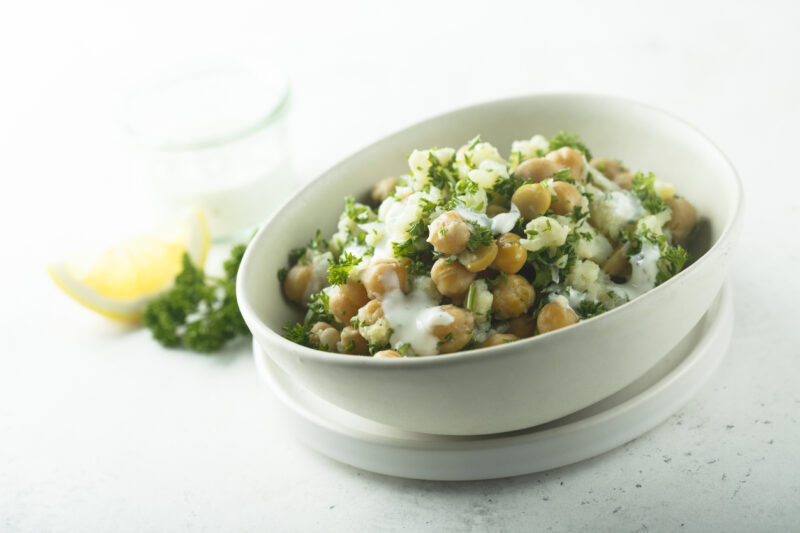

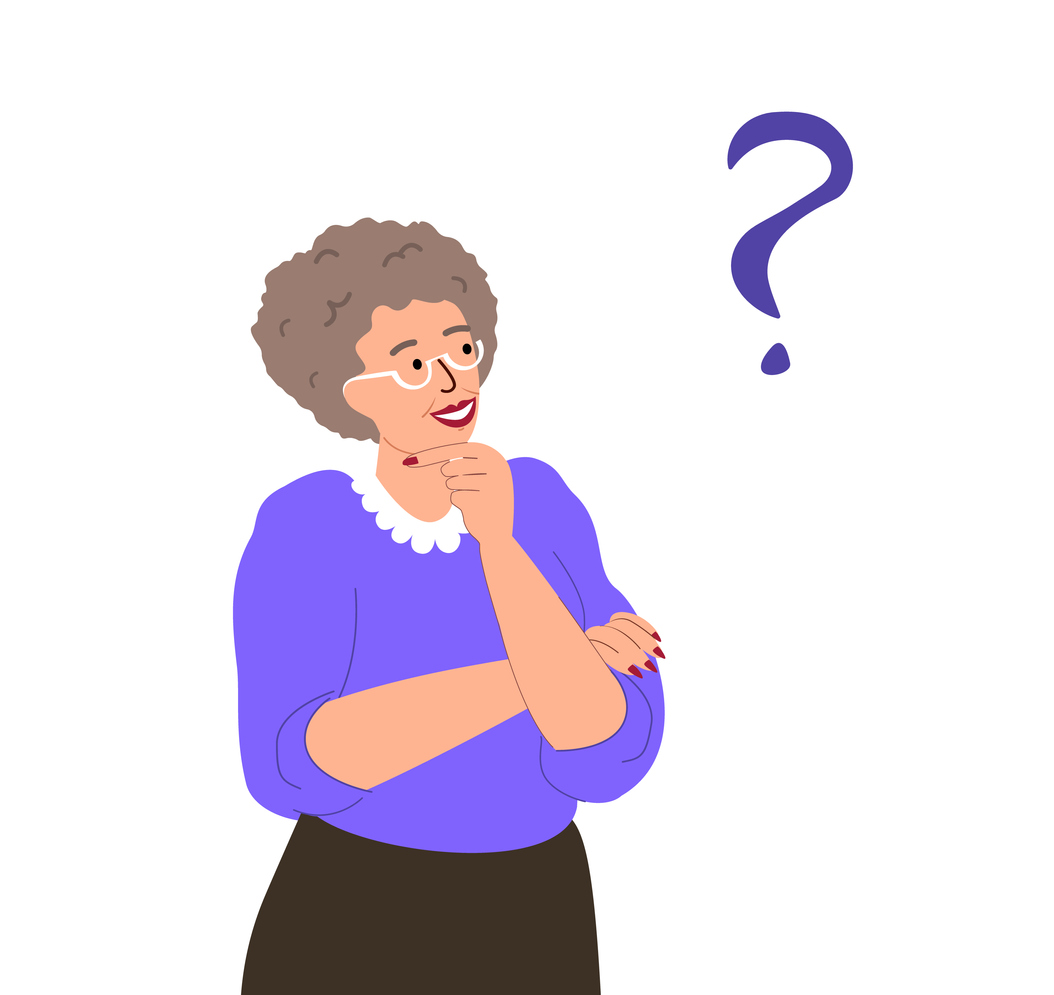
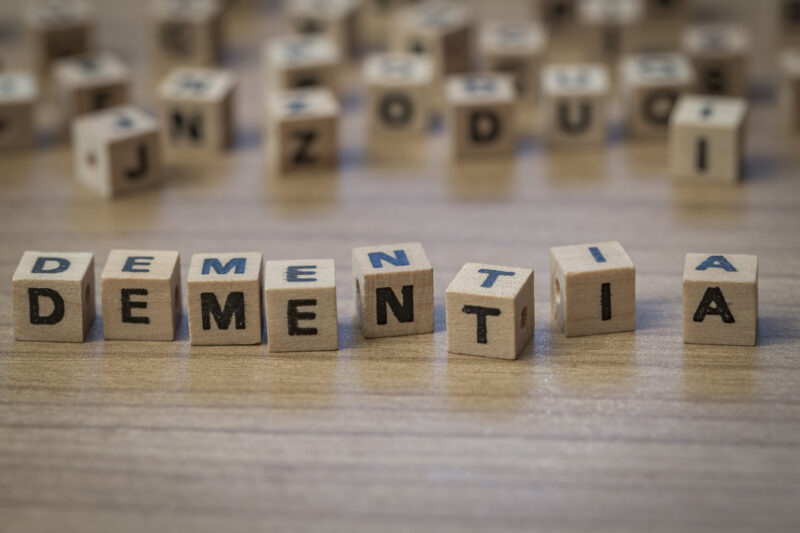
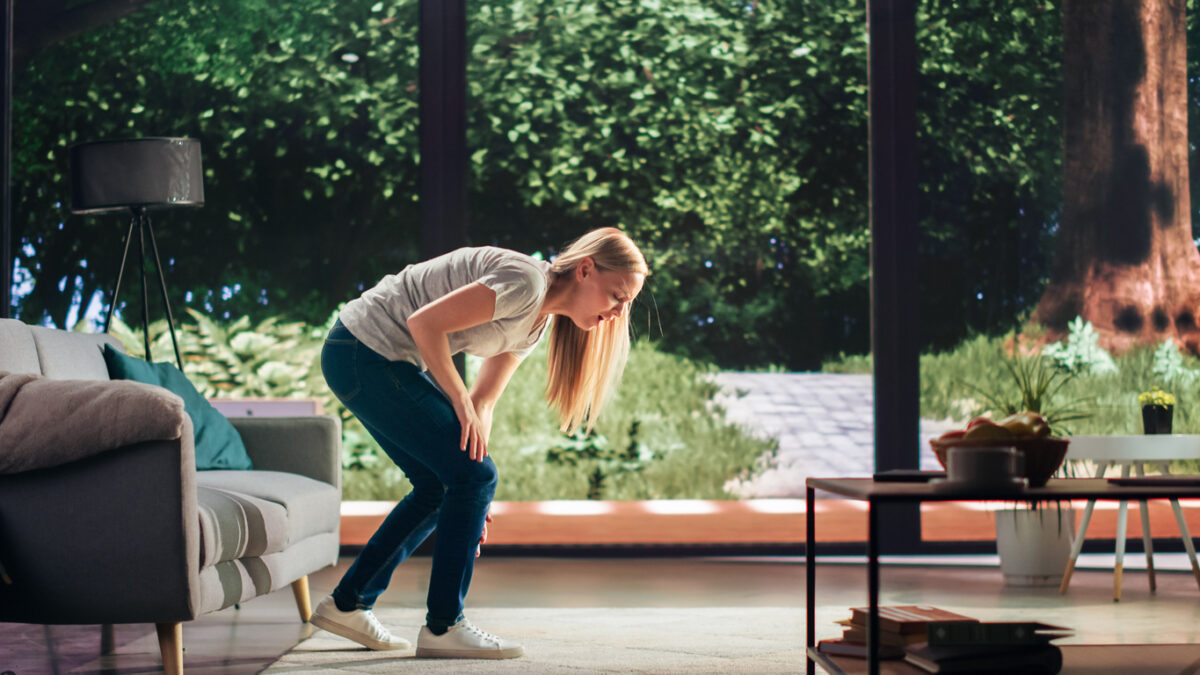

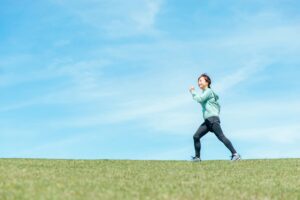
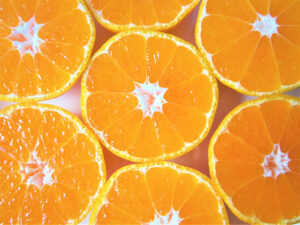 “
“
